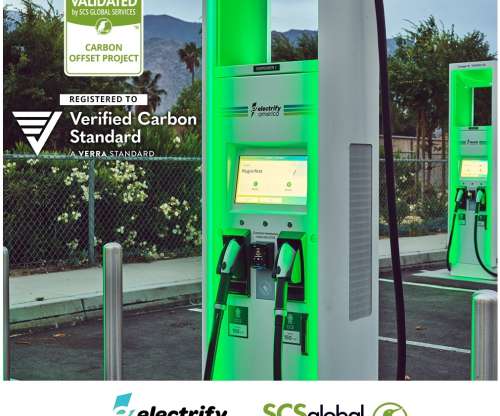All new vehicle sales in Oregon to be ZEVs by MY 2035
Green Car Congress
DECEMBER 23, 2022
The Oregon Environmental Quality Commission adopted rules this week (3-1) to require all new passenger cars, trucks and SUVs sold in Oregon to be zero emissions (ZEVs) by 2035. These include both battery-electric and fuel-cell-electric vehicles, as well as plug-in hybrid electric vehicles.




















Let's personalize your content